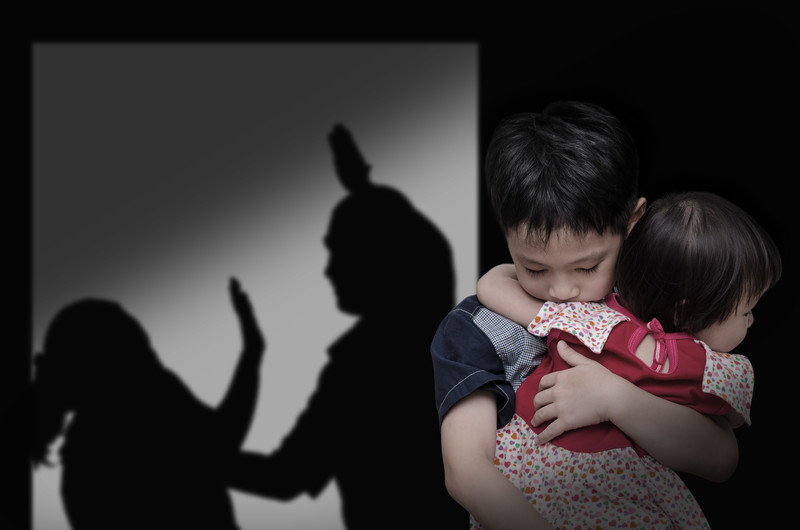Child marriages have always been a challenge in many Zimbabwean communities. Gender inequality, poverty, family pressure, gender-based violence (GBV) and early marriage have kept girls from completing school in Zimbabwe, and this has had lasting effects.
The lockdown which was enforced to reduce the spread on Covid-19 at the end of March this year, was “pregnant” with its own challenges, worsening the already simmering situation for some vulnerable girls.
For example, over 400 girls from four districts in Manicaland, East of Zimbabwe dropped out of school altogether owing to pregnancy, marriage, financial challenges and illness when schools reopened in October this year.
In many cases, life is never easy for some girls who are forced into early marriages as they are ostracised by society and struggle to rebuild their broken lives.
Such girls often live in poverty, sometimes have no knowledge of contraception use and cannot space their children. In many cases, children of child brides who drop out of school are also never educated.
In an effort to rehabilitate child brides and tackle issues that survivors of child marriages deal with, a local girls rights organisation Shamwari yeMwanasikana in partnership with Grand Challenges Canada recently held a three-day boot camp “Changing the Tide” in Marondera.
At the boot camp, which was attended by 21 girls, survivors of child marriages from Chihota shared their experiences and solutions to challenges they faced.
One of the young girls, Mary Mafa (not her real name) shared how her mother forced her into prostitution as a means of survival.
Her problems started when her parents divorced resulting in her staying with her single mother who out of desperation patronised beerhalls to eke a living.
With no choice, and having been told that her mother could not take care of her as life was difficult, she also started patronising beerhalls to get food. Life was tough.
The young girl could not bear the thought of the life she had been forced into.
When an older man proposed to marry her when she was just 13, she immediately agreed.
To her, falling onto the marital bed at this tender age was the only way out of the unbearable lifestyle her mother had forced her into.
Today, she is no longer with the older husband and is rebuilding her life.
Another young girl Martha Motsi (not her real name) shared how many girls in her home area of Chihota also fell pregnant during the lockdown period and married early. She said as a result of GBV in many homes, some ended up being married off.
Some, she recalled, were attracted by simple things like the popular Zapnax snacks which were dangled to them by older men.
These are just some of the issues.
With such challenges, rehabilitation of girls who enter into marriages while very young becomes critical. If anything, providing rehabilitation for young girls could avert the long-term emotional and physical consequences of child marriage.
Shamwari ye Mwanasikana director Ekenia Chifamba said three quarters of the girls who attended the recent boot camp are survivors of child marriages and sexual gender based violence.
“The sad part is the majority of girls were locked up with potential abusers who are their uncles, fathers, brothers, trusted people like their pastors who took advantage of them,” she said.
She revealed that under the Grand Challenges Canada, they use the survivor approach under which child brides are taking the initiative to rebuild their lives.
They also share sexual reproductive health information with other young girls in the community.
“In as much as they are survivors, we want them to rise from what has happened in their lives.
“We want them to be change makers in communities they are coming from so they do not see themselves as victims but have moved on from what has happened in their lives,” she said.
Shamwari yeMwanasikana Programme Coordinator Molleen Chiyanike Svisva said many girls now have babies while others are pregnant.
This, she said, came as a result of difficult circumstances some girls were in since the beginning of the lockdown.
To achieve positive results, this challenge needs community buy in and Shamwari yeMwanasikana has been working with men and young boys to discuss issues of sexual reproductive health and rights (SRHR).
However, while Covid-19 has made life harder for girls, policies put in place by government are an effort to address the issue of child marriages.
In Zimbabwe, Government is in the process of reviewing many laws to align them to the 2013 Constitution, which include the labour laws and introducing legislation aimed at ending child and forced marriages.
In 1990, the Zimbabwe Government ratified the United Nations Convention on the Rights of the Child and, becoming a State party to the Convention on September 11, 1990.
As a State party, the country committed itself to respect and continue to observe the rights set forth in the Convention.
With this is mind, early this year, the country adopted the Education Amendment Act, 2020, to align the Education Act with the country’s Constitution.
With provisions that addresses issues pertinent to education, the most critical one is the prohibition of expelling pregnant girls from school.
The amended Act says no child shall be excluded from school on the basis of pregnancy. The amendment is a welcome move as some girls who fall pregnant while still doing their studies are victims of sexual gender-based violence (SGBV).
Allowing them to school will go a long way in reintegrating these young girls who are married off at a young age.-herald.cl.zw




